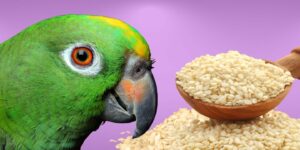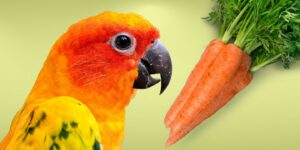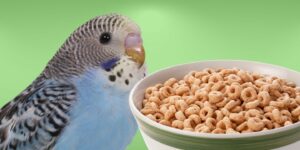Yes, dogs can eat raw eggs. However, it's important to be aware of the nutritional benefits and potential risks involved in feeding raw eggs to dogs and to ensure the eggs are fed safely.
Nutritional Benefits of Raw Eggs for Dogs
Raw eggs are a great source of protein and fat for dogs, as well as essential vitamins and minerals such as vitamin A, riboflavin, and folate. They also contain a substance called biotin, which is important for maintaining healthy skin and coat.
Protein Content
Protein is an essential nutrient in a dog's diet, as it helps to build and maintain muscle mass, strengthens the immune system, and is necessary for overall health. Raw eggs have a high protein content, making them a good protein source for dogs when compared to some other foods.
Fat Content
Raw eggs contain healthy fats that can be beneficial for dogs. Fats provide energy, help with the absorption of fat-soluble vitamins, and play a role in maintaining healthy skin and coat.
Vitamins and Minerals in Raw Eggs
Raw eggs are rich in essential vitamins and minerals that contribute to overall health and well-being in dogs. Vitamin A helps support healthy vision and immune function; riboflavin is essential for energy production; and folate supports cell growth and metabolism.
Biotin in Raw Eggs
Biotin, also known as vitamin H, plays a critical role in maintaining healthy skin and a shiny coat in dogs. It also helps with overall metabolic function and cellular health.
Risks of Feeding Raw Eggs to Dogs
Despite the nutritional benefits, there are also some risks involved in feeding raw eggs to dogs.
Bacterial Contamination
Raw eggs may harbor bacteria such as Salmonella or E. coli, which can lead to food poisoning in dogs. Symptoms of bacterial food poisoning include fever, vomiting, diarrhea, and abdominal pain.
Avidin and Biotin Absorption
Raw egg whites contain a protein called avidin, which can interfere with the absorption of biotin in the body. This can lead to a biotin deficiency, causing skin and coat problems in dogs.
Cholesterol Concerns
Although dogs are better equipped to handle cholesterol compared to humans, it's still essential to balance their cholesterol intake to maintain optimal health.
Potential Allergic Reactions
Some dogs may be allergic to eggs, and feeding them raw eggs can trigger an allergic reaction. Symptoms of egg allergies in dogs include itching, skin inflammation, and gastrointestinal issues.
How to Feed Raw Eggs to Dogs Safely
To minimize the risks associated with feeding raw eggs to dogs, follow these guidelines:
Choosing and Storing Eggs
Purchase eggs from a reputable source and store them properly to reduce the risk of bacterial contamination.
Feeding Only the Egg Yolk
Feeding only the egg yolk ensures that your dog receives the nutritional benefits of biotin without being exposed to the potential negative effects of avidin found in the egg white.
Moderation and Balanced Diets
Feed raw eggs to your dog in moderation, no more than one egg per day, and balance their diet with other healthy foods.
Consulting with Your Veterinarian
Always consult your veterinarian before making any significant changes to your dog's diet.
Alternatives to Raw Eggs for Dogs
If you're concerned about the risks of feeding raw eggs to your dog, there are alternatives to consider:
Cooked Eggs
Cooked eggs, such as scrambled or boiled, can provide the nutritional benefits without the risk of bacterial contamination.
Commercial Dog Foods Containing Eggs
Some dog foods include eggs in their formulations, providing a safe and balanced source of nutrition for your pet.
Conclusion
Feeding raw eggs to dogs can offer nutritional benefits, but it's essential to be mindful of the risks and take precautions to ensure their safety. Consult with your veterinarian before incorporating raw eggs into your dog's diet and consider the alternatives if necessary.











